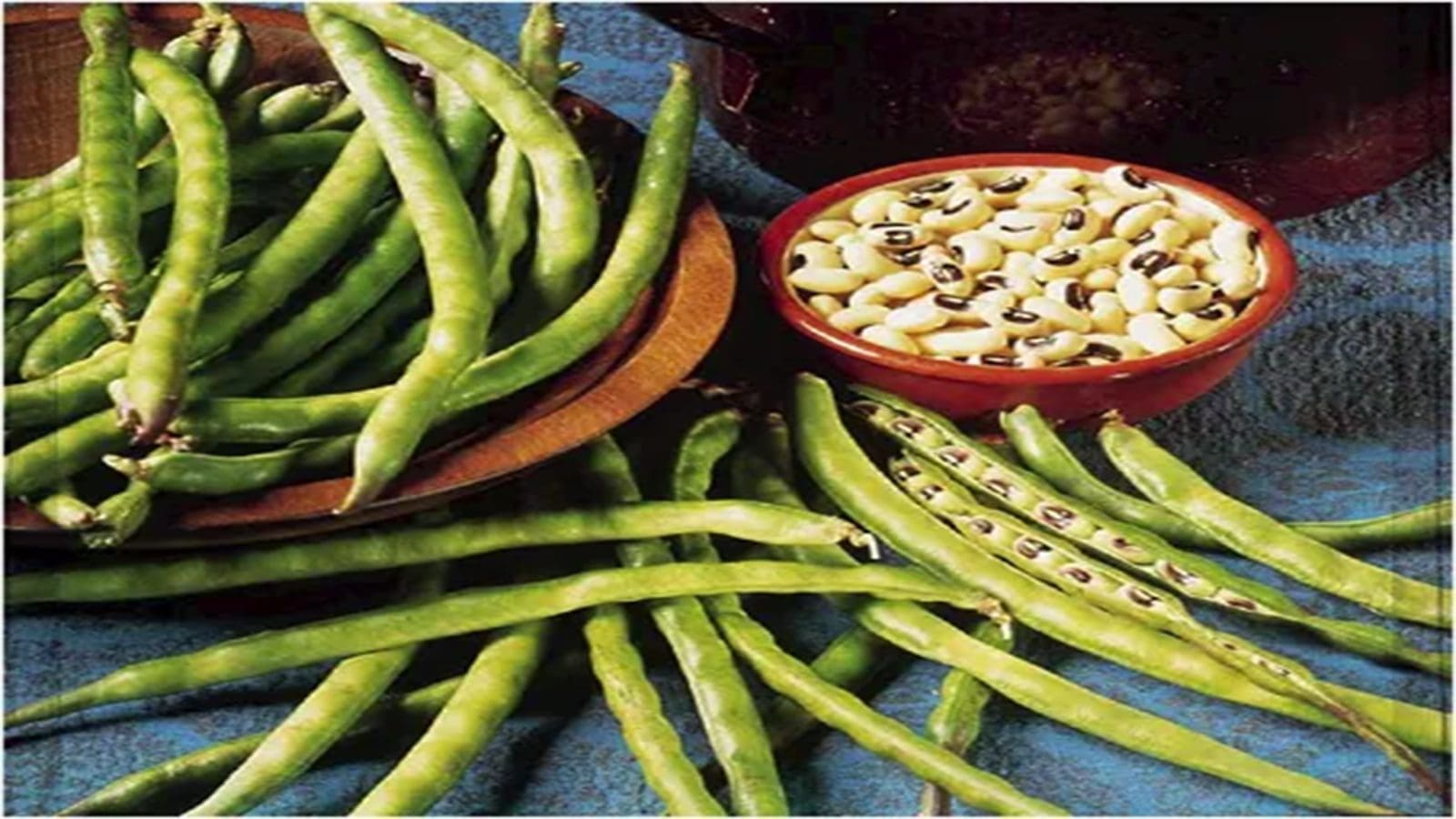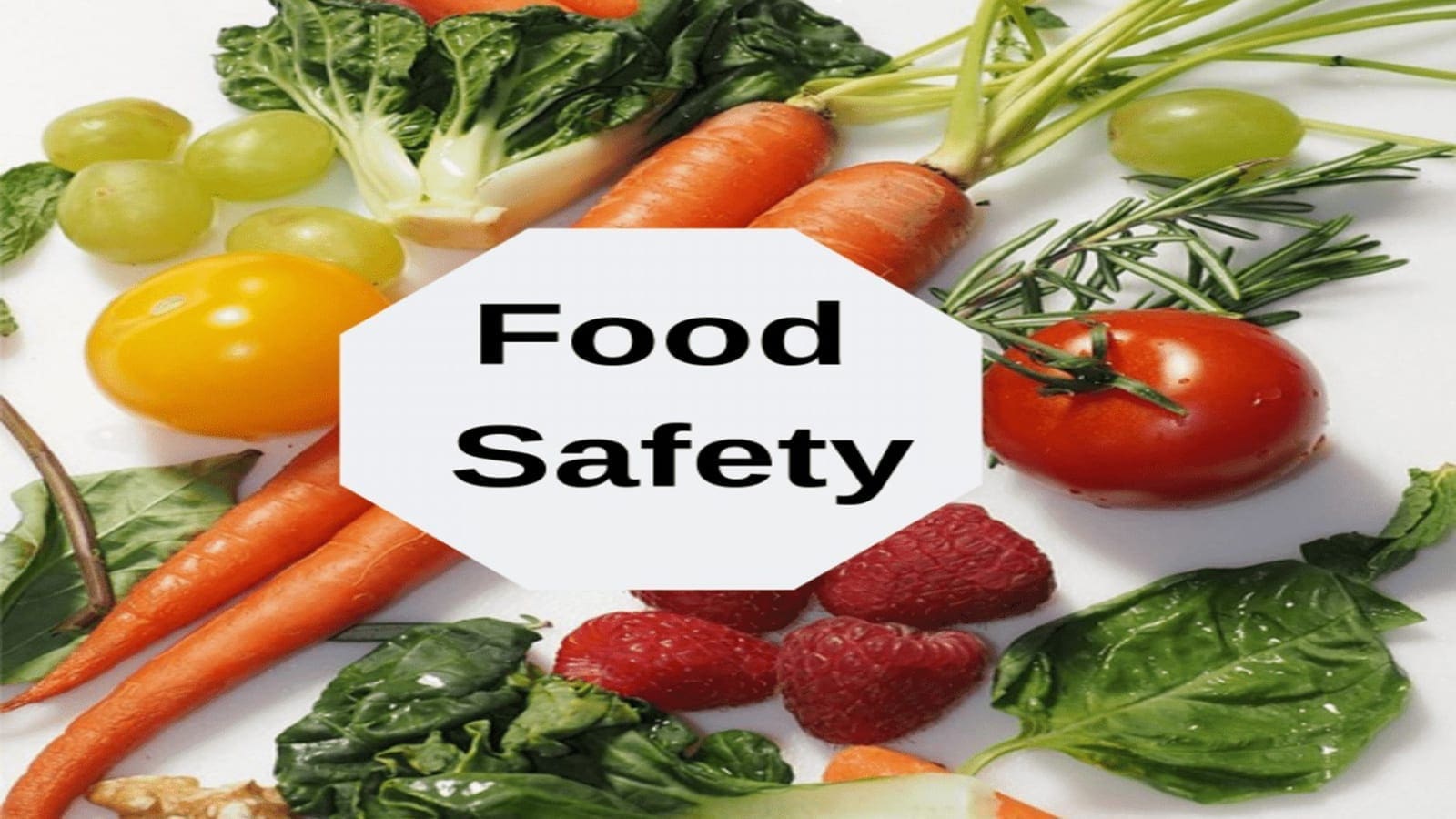TANZANIA – The Tanzania Bureau of Standards (TBS) has sounded a warning to business operators who tamper with the expiry dates on food labels and threatened to take necessary legal action against them.
TBS Central Zone, Food Safety and Quality Assurance Officer, Mr. Deus Deule said they are keeping a close eye as it has come to their attention that some unscrupulous business operators are modifying the expiry date of products whose shelf life has ended.
“The substandard goods we destroyed today are those collected during inspection in shops, godowns, hotels and stores in all district and municipal councils in Dodoma, Singida and Tabora region, and the exercise is ongoing,” he said.
The regulator ordered those carrying out such illegal practices to seize failure to which they will take stern measures to protect the safety of the products and consumers. Of the seized products, some had expired, others were substandard or unregistered.
The food safety officer informed that the culprits were fined from 500,000/- (US$ 217) as per the rules and regulations. He said the act by businesspersons to edit expiry dates endangered consumers’ health.
In addition, he advised the business operators to check the products expiry date from time to time to ascertain their quality and standards and reminded them to store goods according to indicated guidelines.
Gaps in regulation of food products entering the Tanzanian market have been noted in public entities charged with ensuring food safety.
The report of the Controller and Auditor General on the audit of public authorities and other bodies for the financial year 2017/18 said that there existed products in the market in Tanzania which had failed crucial regulatory tests.
In 2018, the Tanzanian government imposed a fine of Sh20 million (US$ 8684) per kilogramme of expired meat found at any establishment selling meat and dairy products. This was to ensure that meat and dairy products sold to consumers conform to acceptable standards and to establish whether there are any illegal products being consumed or imported into the country.
Liked this article? Subscribe to Food Safety Africa News, our regular email newsletters with the latest news insights from Africa and the World’s food safety, quality and compliance. SUBSCRIBE HERE








